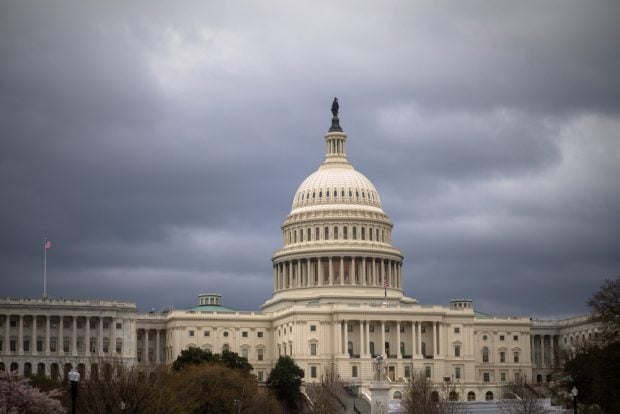 Credit/Shutterstock
Credit/Shutterstock
In a five-page letter to majority and minority leaders of a U.S. House of Representatives committee, America's Credit Unions President/CEO Jim Nussle continued his push against the CFPB's current structure and oversight powers and how it's negatively impacting the credit union industry as a whole.
On Tuesday, the U.S. House Financial Services Committee held a subcommittee meeting to take a closer look at reporting and transparency issues at the CFPB. The hearing titled "Agency Audit: Reviewing CFPB Financial Reporting & Transparency" set the stage to potentially pass a joint resolution (H.J. Res. 122) which would officially state "congressional disapproval under chapter 8 of title 5, United States Code, of the rule submitted by the Bureau of Consumer Financial Protection relating to 'Credit Card Penalty Fees (Regulation Z).'"
Recommended For You
Ahead of Tuesday afternoon's meeting, Nussle submitted a letter to members asking for help to "improve the Bureau's transparency" and raised concerns about "CFPB rulemakings which are emerging from the current structure."
Nussle reiterated his organization's position that the CFPB be structured as a five-person commission instead of its single-director structure.
"Regardless of how qualified one person may be, including the current leadership of the agency, a commission would allow multiple perspectives and robust discussion of consumer protection issues throughout the decision-making process," the letter stated. "This would add transparency to the rulemaking process, something that is lacking today."
 Jim Nussle
Jim Nussle Nussle continued, "Additionally, a commission helps ensure some continuity of expertise and rulemaking. The current single director structure can lead to uncertainty during the transition from one Presidential administration to another. The U.S. Supreme Court highlighted this fact when it released a decision in Seila Law v. the Consumer Financial Protection Bureau that found the single director, removal only for 'just cause' structure of the CFPB to be unconstitutional."
He also noted that the CFPB's funding "should be overseen and established by Congress."
The CFPB's structure and potentially its future is currently being weighed by U.S. Supreme Court justices in a case brought by payday lenders that says CFPB rules are invalid because the agency's funding violates the Constitution's Appropriations Clause.
Before merging into America's Credit Unions, CUNA and NAFCU filed a brief in July supporting the suit filed by payday lenders.
A decision by the Supreme Court is expected to be announced in the coming weeks.
© Touchpoint Markets, All Rights Reserved. Request academic re-use from www.copyright.com. All other uses, submit a request to [email protected]. For more inforrmation visit Asset & Logo Licensing.







